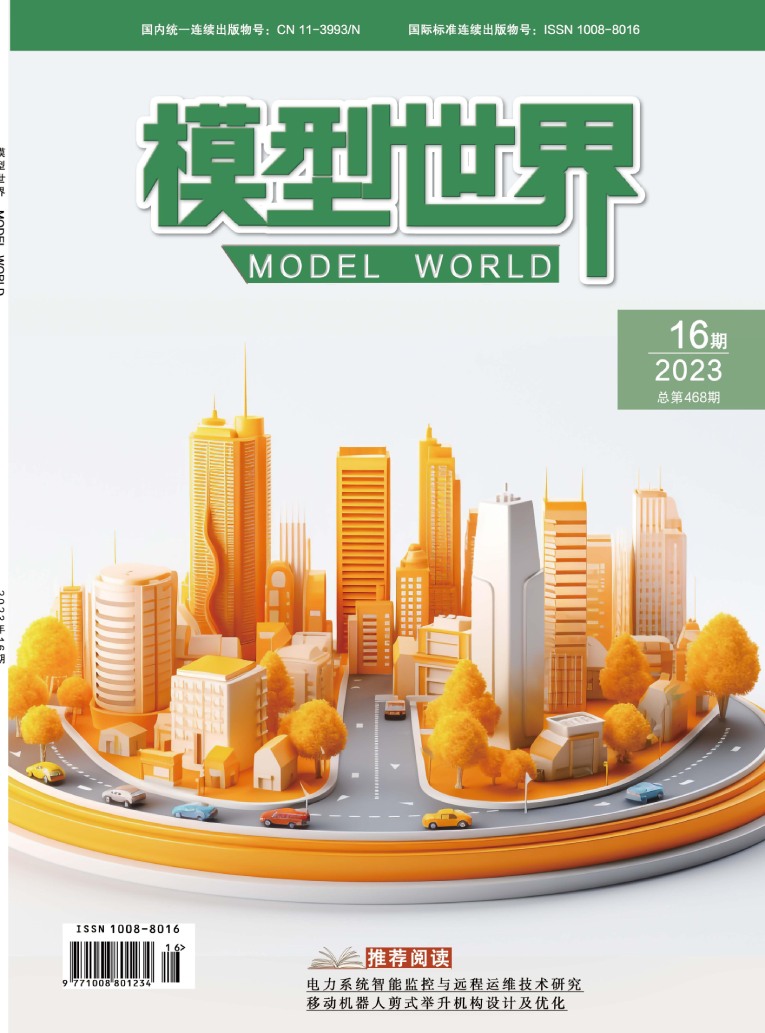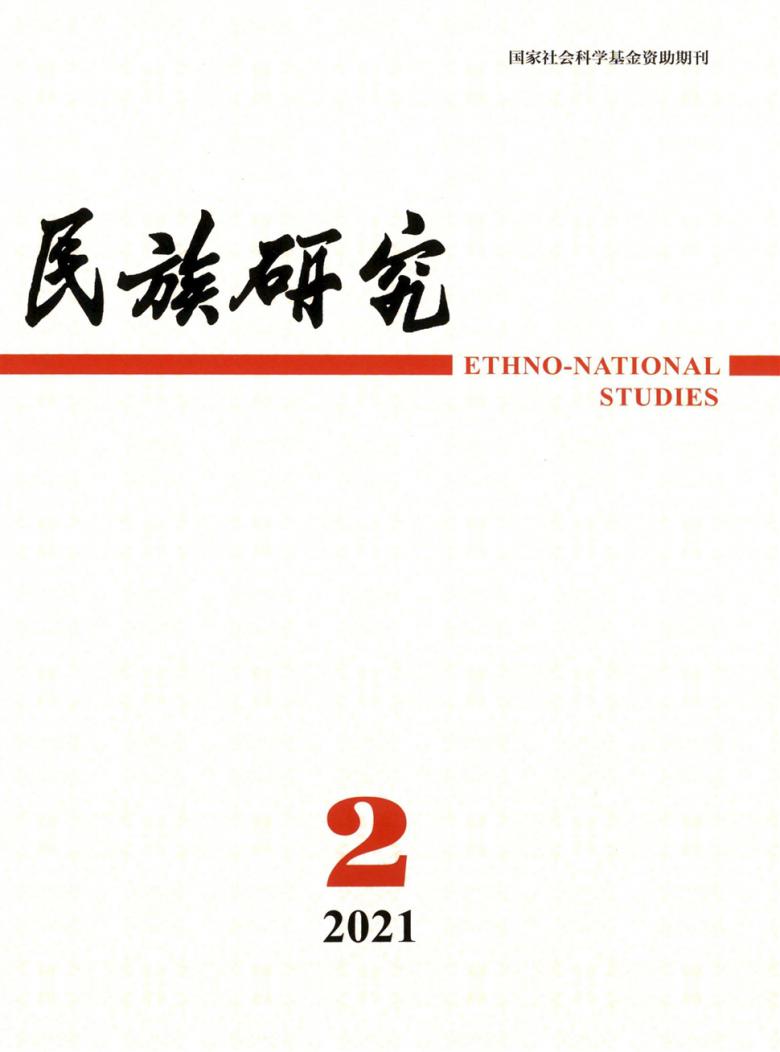關于樂觀地看北京:為什么民主制度無法征服中國
沈丹琳
BEiiing Through Rasses:Democracy Cannot Tame ChinaBy Harry Harding There is an increasing drumbeat for pushing a democraticproject in China to *fend off its inevitable aggressiveauthoritarian ambitions. There is little doubt that China willwish to become a preeminent4 power in its own hemisphere.But the argument that creating a pluralistic, democraticsystem in China will sideline7 a coming clash betweenWashington and BEIjing is overly optimistic. Certainly it istrue that China and the United States will be competitors,even rivals, not only because one is an established powerand the other a rising power, but also because their politicalsystems embody very different ideologies. American conceptsof democracy pose an existential threat to the Communistregime; Successful Chinese growth under an authoritariansystem is a threat to American leadership and exceptionalism. Recently, *Aaron Friedberg8 masterfully combined, in away that is quite unusual, realist and non-realist componentsin an argument whose crescend is that "it is likely thata more democratic China would ultimately create a morepeaceful, less war-prone environment in Asia." It would also,of course, simultaneously remove the threat to the American 目前在推動中國的民主事業,以抵御該國不可避免的氣勢逼人的強烈專制欲上,鼓噪之聲漸強。中國想要在其所處的半球成為一個有影響力的杰出大國,這一點幾乎沒有什么疑問。然而,認為在中國創造一個多元化的民主體制將避免華盛頓和北京所面臨的沖突,這種看法太過樂觀。毫無疑問,中國和美國將是競爭對手,乃至敵手。這不僅是因為一個是公認的大國,另一個是崛起中的大國,還因為兩國的政治體制包含著截然不同的意識形態。美國的民主理念對中共政權構成了現存的威脅;中國經濟在專制體制下的成功發展對美國的領導地位和例外論也構成威脅。 最近,阿倫·弗里德伯格以一種相當不同尋常的方式在一個觀點中巧妙融合了現實主義和非現實主義因素,其主旨是說,“一個更加民主的中國最終很可能會在亞洲創造出一個更加和平、不那么容易爆發戰爭的環境”。當然,這樣一來,對美國sense of ideological supremacy. Thus "in the long run, theUnited States can learn to live with a democratic China asthe dominant power in East Asia, much as Great Britaincame to accept America as the preponderant power in theWestern Hemisphere." But, "until that day, Washingtonand Beijing are going to remain locked in an increasinglyintense struggle for mastery in Asia." This is an argument that has been made before.It's one of the rosy forecasts that Jim Mann has called a"soothing scenario." And it is fraught with uncertainty.It is, in fact, highly unlikely that China will become a trulydemocratic political system, and moreover a democratizingMiddle Kingdom may well beoverwhelmed by the nationalisticsentiments that are part of China'scontemporary political culture. Evenif we arbitrarily and optimistically*assign a 50 percent probability toeach of these outcomes, over thenext decade *or so, that mean's thatthe chances of a Chinese regime thatis both democratic and cooperativewould be no more than 25 percent.Those are not the best of odds. Norare these odds of true democratizationwithin our ability to change. Given this, it is far more importantto ask the fundamental question of howthe United States can manage China'srise through its own behavior. Which leads us to some of the policy implications that those others who *cling to thedemocratization-as-solution mantra might be better servedby drawing. Rather than simply hoping for democratization,I would look toward creating greater economic*,意識形態優越感的威脅也將隨之消除。因此,“從長期來看,美國能夠學會與一個作為東亞頭號強國的民主中國和平共處,就像英國逐漸接受美國在西半球的主導地位一樣”。不過,“在這一天到來之前,華盛頓和北京仍將處在爭奪亞洲控制權的日益激烈的斗爭當中”。 之前就有人提出過這一觀點。這是被吉姆·曼稱為“欣慰局面”的樂觀預測之一。而且這個觀點充滿變數。事實上,中國極不可能實行一個真正民主的政治體制。此外,一個民主化的中國或許會被民族主義情緒所淹沒。民族主義是中國當代政治文化的一部分。即便我們主觀且樂觀地把這些結果在未來十年左右的時間里出現的可能性都定為50%,那么就意味著中國政權變得既民主又合作的可能性不會超過25%。這并不是最有可能出現的情況,在我們的改變能力之內實現(中國)真正的民主化也不是最有可能出現的情景。 有鑒于此,尤為重要的是提出這樣一個根本問題:美國如何能夠通過自身行為應對中國的崛起?對于那些堅持反復提及“靠民主制度解決問題”的人,我們在這里提出一點政策建議:抽簽問卦對他們而言或許是一個更好的辦法。 我認為,與其只是寄期望于民主化改革,倒不如在中國、美國和亞洲其他國家之間interdependence between China, the United States and therest of Asia. The Communist party is.dependent on economicgrowth for legitimacy--and that growth presently depends verymuch on exports, and exports depend very much on forEigninvestment. The policy of economic rebalancing that BEIjingis attempting may change those ratios somewhat, makingthe Chinese economy increasingly dependent on domesticconsumption and less reliant on exports, and exports morecontingent on Chinese firms and less on foreign investedones. But as the economy matures, there will also be increasinginterest in outbound Chinese foreign investment, and that willincrease Beijing's interdependence with the rest of the world--albeit in a different form. This creates an environment in whichAmerican can promote interdependence based on reciprocity.Actively welcome Chinese investment in the United States, aslong as comparable opportunities are available for American(and other foreign) firms in China. Chineseinvestment in an advanced economy likethat of the United States will mean. thatChinese goods sold stateside wil1 beincreasingly produced by American--notChinese--workers. Concomitantly, it willgive those Chinese firms with investmentsin the United States a *stake in stablerelations between Washington and Beijing. Second, continue to welcomeChina's growing presence within existinginternational institutions--like the IMF,the World Bank and the United Nations--and its efforts tocreate new organizations to meet unfilled needs--like theSCO, the ASEAN+3 and the East Asian Summit--as long asthe United States is also given an appropriate role. There is ahuge difference between a rising power that wants more saywithin the existing international system and a rising power thatwants to promote fundamental changes to that system. It willbe key to ensure that those institutions--both old and new--are robust enough to simultaneously impose some constraintson Chinese behavior and reassure Beijing that its rise is beingaccommodated. Above all, the United States needs to maintain a favorable*balance of power in the region. China may wish to dominate





